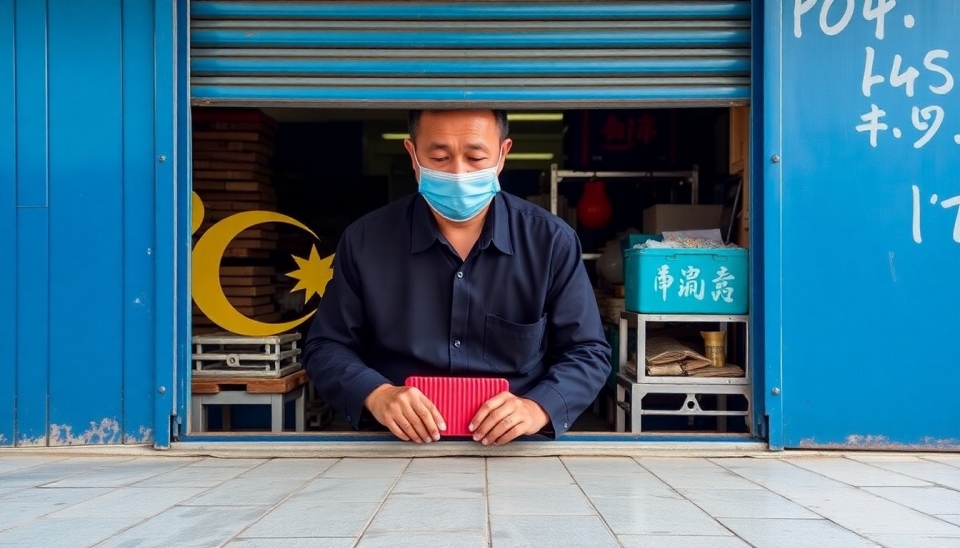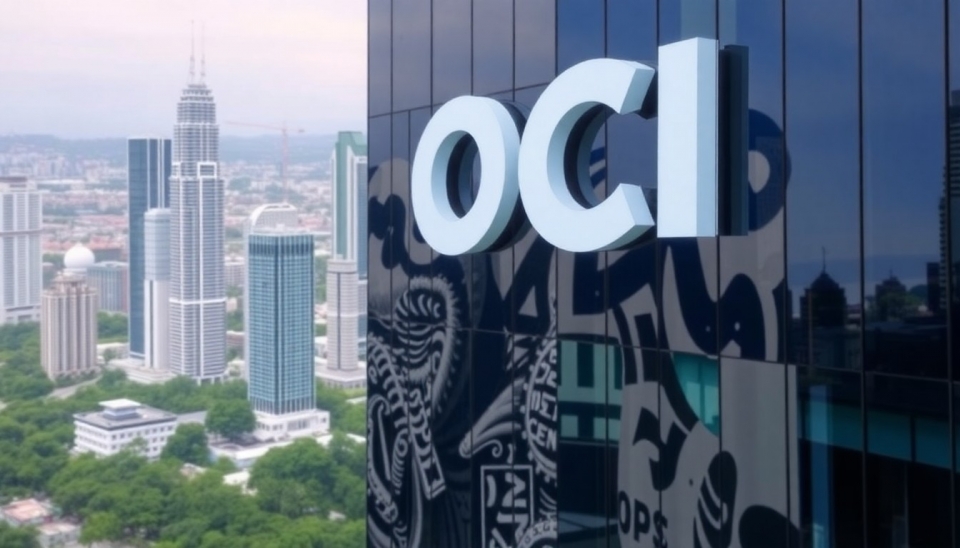
In a rapidly evolving global trade landscape, Malaysian manufacturers and sellers are encountering a unique opportunity as they navigate the complexities of Chinese tariffs. The pressing conditions shaped by ongoing international trade tensions have led to a surge in demand for alternatives to Chinese products, with Malaysian goods emerging as a hot commodity. This shift has prompted an influx of businesses seeking inventive strategies to minimize the effects of these tariffs while maintaining their market positions.
As China continues to impose tariffs on certain products, sellers in Malaysia are exploring diverse methodologies to circumvent these trade barriers. From rebranding to adjusting supply chains, businesses are brainstorming innovative tactics to ensure their products remain competitive both in local and international markets. Many Malaysian sellers are now presented with the chance to not only expand their product lines but also to capture a slice of the market previously dominated by Chinese manufacturers.
Reports have emerged highlighting the transformation of the Malaysian landscape into a bustling hub for sellers eager to take advantage of the tariffs levied on Chinese offerings. Manufacturers are pivoting towards producing items that were once primarily sourced from China, examining the potential of local resources and labor. Enhanced government support and incentives for Malaysian businesses are further motivating this shift, fostering an environment ripe for growth and adaptation.
Industry experts emphasize that this trend is expected to persist as long as tariffs remain in place, urging sellers to remain agile and responsive to changes in consumer demand. Businesses are increasingly looking into optimizing logistics and supply chain processes to ensure they meet the rising demand for Malaysian-made products. The emphasis on local sourcing not only supports national economic growth but also aligns with a growing consumer preference for homegrown products.
Networking events and trade shows are becoming a common ground for Malaysian sellers to connect, share insights, and devise collaborative strategies to address the challenges posed by international tariffs. These gatherings are proving valuable in fostering relationships and facilitating exchanges of best practices among manufacturers. Furthermore, digital platforms are being leveraged to enhance market access and promote Malaysian brands on a global scale.
As a result, the made-in-Malaysia label is enjoying newfound prestige. Sellers are investing in marketing strategies to elevate brand awareness and emphasize the quality and reliability of their products. The narrative around sustainability and ethical manufacturing practices is also gaining traction, appealing to conscientious consumers eager to support local industries.
While challenges remain, such as fluctuating raw material prices and rising operational costs, Malaysian businesses are exhibiting resilience. The potential for growth and diversification in response to shifting trade dynamics is increasingly recognized as a hallmark of the Malaysian manufacturing sector's evolution. Industry leaders remain optimistic that these challenges can be transformed into opportunities, further solidifying Malaysia's role in the global marketplace.
Ultimately, the current climate of heightened tariffs is proving to be a catalyst for innovation and adaptation among Malaysian sellers, thereby shaping the future of commerce in the region. As businesses continue to explore ways to navigate and thrive within this framework, the commitment to quality, sustainability, and local economic support will remain at the forefront of their endeavours.
#Malaysia #Tariffs #Trade #Manufacturing #BusinessInnovation #EconomicGrowth #Sustainability #LocalProducts
Author: Liam Carter




